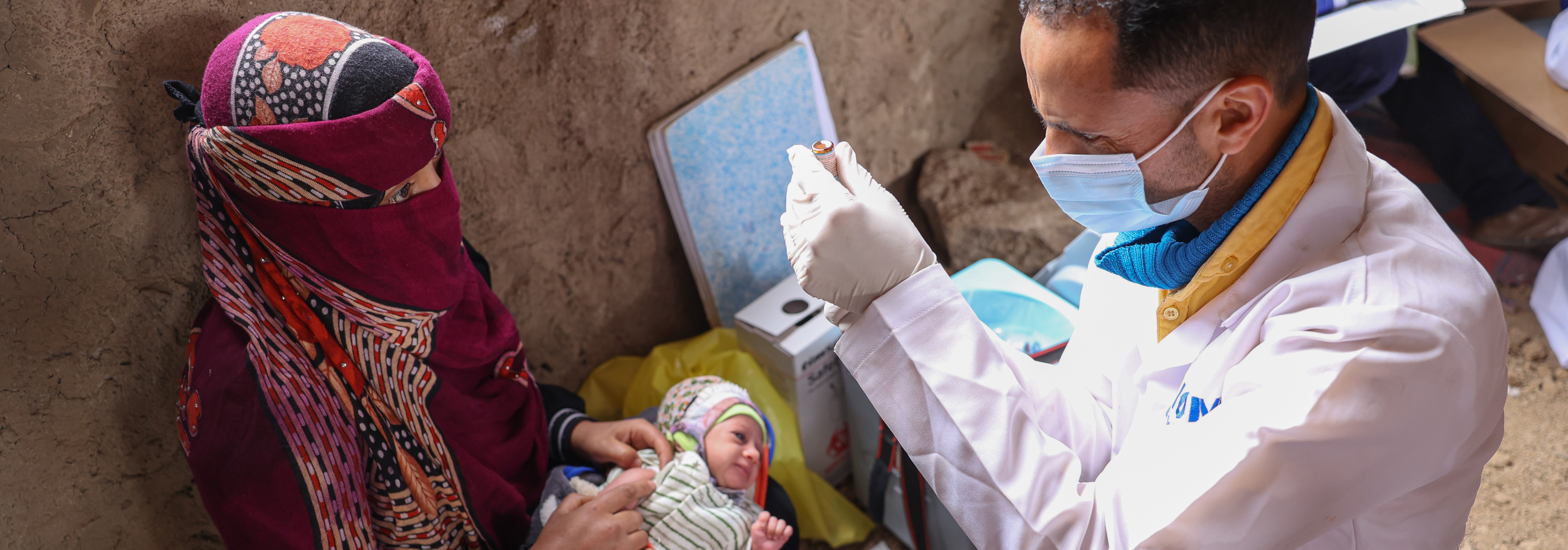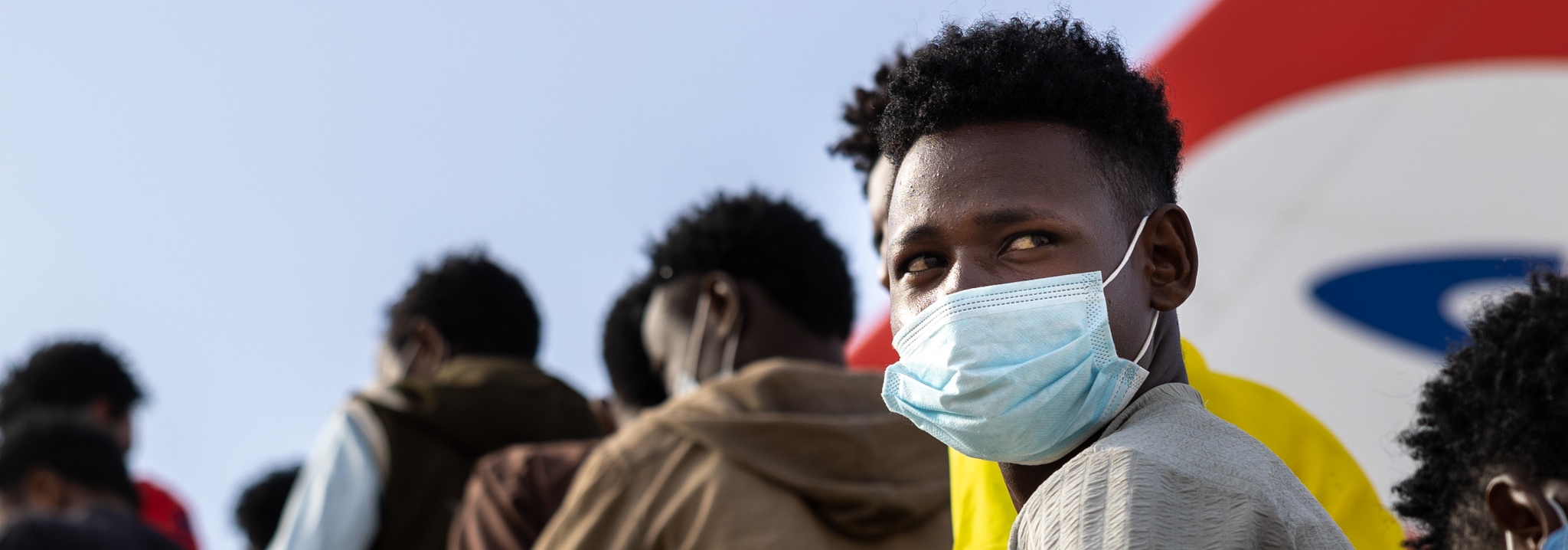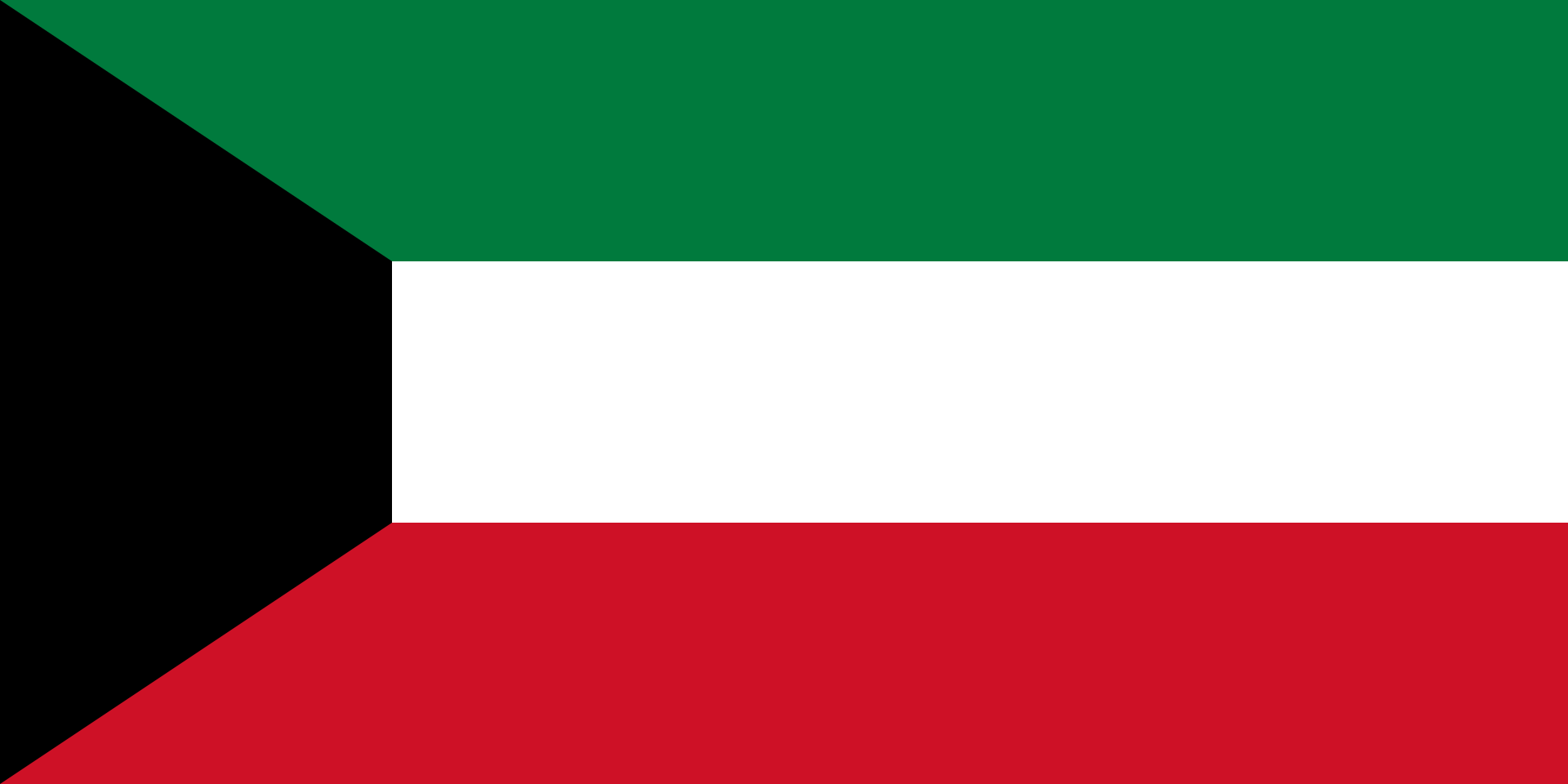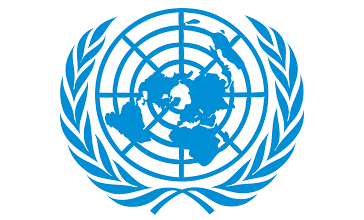IOM Vision
In 2023, IOM in Yemen will continue to respond to the severe and worsening humanitarian crisis through the provision of lifesaving multisectoral humanitarian assistance. In addition, IOM seeks to address the pre-existing drivers of fragility and improve access to durable assistance, both of which will reduce the reliance of populations of concern on humanitarian aid and support them in to transitioning from emergency to recovery conditions. In conjunction with a frontline response, IOM supports the restoration of household and public infrastructure to enhance communities’ self-sufficiency and promote local ownership of the communities’ recovery efforts.
Objective
Saving lives and protecting people on the move
|
In areas of increased insecurity, new displacements or acute, underserved needs, IOM’s direct humanitarian assistance provides a critical lifeline for vulnerable individuals’ survival. Across Yemen, IOM provides emergency services and assistance through direct implementation and project partners, with considerations for the feasibility of access, response capacities and needs. IOM will target displaced, crisis-affected persons, vulnerable migrants, and host communities based on rigorous vulnerability criteria, specific to the planned intervention. The selection criteria of beneficiaries, as well as the assistance provided, is grounded in needs-based assessments and impacts of displacement, migration and conflict. IOM will aim to target those most in need including female-headed households, persons with disabilities, the elderly, people who have not yet received assistance, and households with other vulnerabilities. IOM’s lifesaving assistance includes shelter/non-food item (S/NFI) support, health assistance water, sanitation, and hygiene (WASH) services, camp coordination and camp management (CCCM) support, protection assistance, cash-based interventions (CBI), and movement assistance. IOM also intends to support five government entities including but not limited to the Ministry of Foreign Affairs, the Ministry of Public Health and Population (MoPHP), the Ministry of Education, the Executive Unit, and the Immigration, Passports and Naturalization Authority (IPNA) with capacity-building and/or equipment to improve the delivery of basic services where needed, in line with a rights-based, person-centered approach, exploring Humanitarian-Border-Management type of activities. |
|
IOM will continue to implement CCCM activities in Yemen that improve the living conditions of displaced families and individuals living in formal and informal sites, collective centres, and spontaneous settlements. Activities will be centred around ensuring site management and coordination support; adequate community mobilization and capacity-building; site care and maintenance; and service monitoring. Protection will be mainstreamed throughout all service design and delivery. IOM’s CCCM field teams will support integrated multisectoral interventions in sites, ensuring that IDPs have access to humanitarian services in line with SPHERE standards. IOM also will provide technical advice and capacity building for authorities acting as camp administration, camp committees, and national NGOs working in site management. In 2023, IOM will continue to:
|
|
Working within UN frameworks and in coordination with the Ministry of Public Health and Population (MoPHP) and the World Health Organization (WHO), IOM will provide lifesaving primary and secondary preventative and curative healthcare services to IDPs, migrants and host communities, while integrating COVID-19 response efforts into its health programme. IOM Yemen will bolster its response capacity, focusing on ensuring that its response in Yemen is needs-based and effective, rights-based, and underpinned by robust assessment and monitoring activities. Direct field presence, regular health needs assessments and community feedback mechanisms throughout the programme will allow IOM to adapt to the evolving contextual needs. Protection will be mainstreamed throughout all service design and delivery. In 2023, IOM will:
|
|
IOM will continue to provide safe, dignified, and voluntary humanitarian return assistance for stranded migrants (the majority of whom are Ethiopian) and groups of refugees in Yemen, as well as a range of health and protection support integral to movement assistance – such as but not limited to case management, pre-migration health activities, operational and/or medical escorts during international air travel, provision of information and re-integration assistance upon arrival. In 2023, IOM will:
|
|
As the situation for all populations of concern in Yemen continues to deteriorate, and exposure to protection risks rise within displaced and conflict-affected communities, IOM will aim to enhance the protection environment, build capacity, reduce vulnerability and support responsive mechanisms for those most at risk. In 2023, IOM will:
|
|
IOM’s WASH programme in Yemen will prioritize immediate, scalable, and sustainable interventions aimed at reducing morbidity and mortality rates and providing equal and sustained access to safe and appropriate water, sanitation, and hygiene services in displaced, host, and migrant communities. In 2023, IOM will:
|
|
With the overall objective of providing safe, dignified and sustainable living conditions and shelter solutions in displacement settlements, IOM will carry out its first line emergency response activities following the onset of emergencies and in formal/informal settlements where shelter conditions are inadequate. In 2023, IOM will:
|
|
IOM’s cash programme supports conflict-affected individuals through rapid cash-based interventions to improve the basic needs of IDPs, migrants and host communities in camps and urban settings. Cash-based interventions are closely integrated into various areas of IOM programming, such as CCCM, S-NFI, WASH, and protection. In 2023, IOM will:
|

Objective
Driving solutions to displacement
|
IOM seeks to improve access to durable, life-sustaining assistance that both reduces beneficiaries’ reliance on humanitarian aid and enhances their self-sufficiency to transition from emergency to recovery conditions. In line with the humanitarian-development-peace nexus (HDPN), and in conjunction with a frontline response, IOM supports the restoration of household and public infrastructure to enhance the capacities of individuals and communities to meet their own needs and promote local ownership of their communities’ recovery efforts. Concurrently, IOM strengthens the capacity of community groups, civil society and local/regional public service providers to deliver basic services in areas where service delivery is limited or non-existent. IOM aims to target 2,600,000 individuals under this Objective including displaced persons, migrants, and host community members. Through a needs-based approach, IOM will select locations of intended project activities in Yemen based on assessments to identify communities with the highest needs for the specific project intervention. IOM also intends to target five government entities including but not limited to the Ministry of Foreign Affairs, the Ministry of Public Health and Population (MoPHP), the Ministry of Education, the Executive Unit, and the Immigration, Passports and Naturalization Authority (IPNA) with capacity-building and/or equipment to improve the recovery efforts in crisis-affected communities in pursuit of a rights-based, person-centred approach. Contributing to the Action Agenda on Internal Displacement, IOM will continue to explore ways to support IDPs to take their first steps on the path toward solutions to displacement. |
|
In line with the humanitarian-development peace nexus approach, IOM will support communities to recover from a state of crisis and transition towards self-reliance and community-led and owned solutions that meet immediate and long-term development needs. IOM will continue coordinating with different units to rehabilitate key infrastructures and increase access to services in pockets of stability across Yemen. Rehabilitated public infrastructure includes schools in collaboration with the Ministry of Education, technical institutes, irrigation channels and other water and sanitation infrastructure, health facilities, local markets and other communal assets. In 2023, IOM will:
|
|
IOM’s WASH programme in Yemen will prioritize providing durable water solutions to address obstacles hindering access to WASH services and find exit strategies and/or more sustainable solutions for emergency and short-term interventions. IOM will continue carrying out the rehabilitation of dysfunctional drinking water and sanitation infrastructure, enabling rapid and sustainable improvements in the provision of basic services. IOM will also continue to build the capacities of local communities on water management, training and supporting water management committees at the site level. In 2023, IOM will:
|
|
In line with the Minimum Service Package (MSP) guidelines for Yemen, a component of IOM’s health programme is centred on supporting Yemen’s weakened health system – rehabilitating and supporting operations in health facilities impacted by the conflict. In 2023, IOM will:
|
Objective
Strengthen preparedness and reduce disaster risk
|
IOM aims to strengthen community capacities to prepare, mitigate and respond to disaster risks that threaten the lives and livelihoods of vulnerable groups across Yemen. IOM will employ a needs-based and people-centred approach whereby targeted communities will actively design and improve community infrastructure, monitor risks, learn about warning signs, and respond with early action before risks become disasters. IOM will enhance community-based early warning and early action (EWEA) to mitigate, respond, and adapt to floods, fires, and other hazards to improve resilience to climatic shocks. To ensure the longevity of EWEA assistance in Yemen, there is a critical need for the rehabilitation and upgrade of infrastructure which has been damaged after more than seven years of conflict, flooding, and limited development support. To address the damage and considerable rainwater runoff waste caused by flooding, IOM considers that nature-based infrastructure for flood mitigation, response, and adaption are relevant in Yemen’s context to improve the climate resilience of communities and ecosystems and provide a cost-efficient, community-based, robust infrastructure for flood mitigation and adaption. IOM also intends to target two government entities including but not limited to the Executive Unit and the Civil Defence Authority with capacity-building and/or equipment to improve the recovery efforts in crisis-affected communities. |
|
To enhance early warning and early action in Yemen, IOM will strengthen the capacities of civil protection groups and communities across Yemen with assessments, training, and emergency support packages to reduce risk exposure, improve risk knowledge, monitoring and forecasting capabilities, warning communication and dissemination, and response capacity. In 2023, IOM will:
|
|
Through a community-based and needs-based approach, IOM will aim to improve community resilience and adaptation, as well as mitigation and response to disasters through sustainable water infrastructure. In 2023, IOM will:
|
Objective
Contribute to an evidence-based and efficient crisis response system
IOM Yemen’s needs-based approach emphasizes the importance of carrying out independent assessments to inform and review implementation so that each intervention is grounded in the realities of IOM’s capacity and context. With support from its Displacement Tracking Matrix (DTM) as well as targeted sectoral needs assessments and a strong network of operational teams, IOM seeks to strengthen the quality of its programming and ensure emergency preparedness and response capacity to major shifts in the crisis. IOM will target local authorities and humanitarian and development actors, including national and international partners who receive and benefit from DTM products.
|
In the humanitarian context of Yemen, impartial and high-quality assessments, data collection and analysis are essential to inform the humanitarian and development community’s assistance provision based on identified needs and vulnerabilities. IOM operates the largest displacement tracking and monitoring mechanism in the country which enables a targeted, evidence-based response for not only IOM, but also the entire humanitarian response. IOM Yemen’s Displacement Tracking Matrix (DTM) provides critical, up-to-date information on movement trends and the needs of migrants and vulnerable and displaced populations. IOM Yemen’s DTM aims to inform the humanitarian community as well as national authorities, with actionable and reliable information on IDPs and returnees including their numbers, locations, cause of displacement and priority needs. In 2023, IOM will:
|
Yemen
The map used here is for illustration purposes only. Names and boundaries do not imply official endorsement or acceptance by IOM.
Figures are as of 31 December 2023. For more details of IOM's operational capacity in country, please see the IOM Capacity section.






















